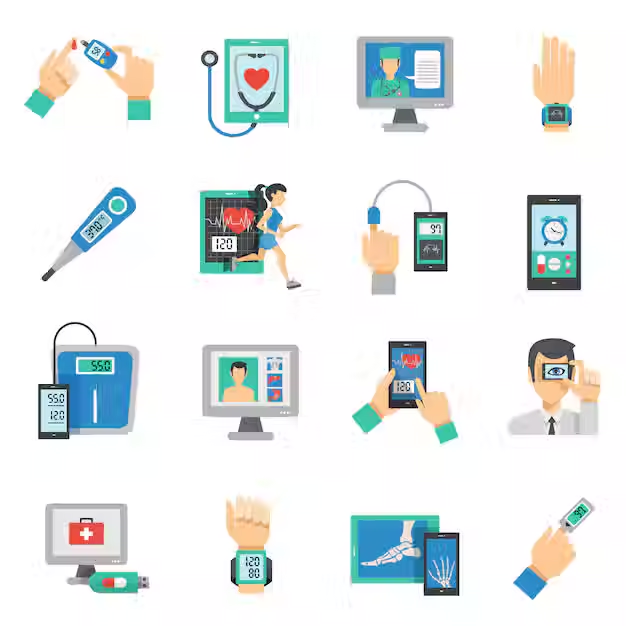WEARABLES, PROVIDING THE DATA TO CHANGE DAILY WELL BEING
- Eric Salmeron
- Jun 19
- 2 min read
Wearable technology has become a major force in healthcare, evolving from basic fitness trackers to advanced devices that monitor vital signs, detect diseases, and predict health risks. As technology progresses, wearables are set to revolutionize how we manage health, interact with doctors, and approach preventive care. Here’s a glimpse into the future of this rapidly growing field.
Future wearables will go beyond tracking steps and heart rate, offering comprehensive health insights. They will monitor blood glucose non-invasively, track blood pressure without cuffs, and provide real-time oxygen saturation readings. ECG capabilities will detect heart conditions, while hydration sensors will benefit athletes and patients alike. These features will empower users to address health issues early, promoting a proactive approach to well-being and play a key role in early disease detection by analyzing long-term data trends. They could identify conditions like sleep apnea, diabetes, heart disease, and even neurological disorders such as Parkinson’s. By shifting healthcare from reactive to preventive, these devices could save lives and reduce strain on medical systems.
Artificial intelligence will enhance wearables by analyzing complex data, offering personalized health insights, and predicting risks. For example, AI could assess sleep, activity, and heart rate to warn of burnout or stress. This level of personalization will enable tailored treatment plans and real-time adjustments, improving outcomes and patient satisfaction. Wearables will strengthen telemedicine by providing real-time data to doctors, reducing the need for in-person visits. This will improve chronic disease management, speed up diagnoses, and make healthcare more accessible, especially for remote or underserved populations.
Future wearables will address mental health by tracking stress, mood, and sleep patterns, offering tools like guided breathing exercises. For aging populations, devices will include fall detection, cognitive health monitoring, and medication reminders, helping seniors live independently while ensuring their safety. As wearables grow in popularity, addressing sustainability and ethics will be crucial. Future designs may use
eco-friendly materials, ensure data privacy, and focus on affordability to make these devices accessible to all.
Healthcare wearables are set to transform how we monitor and manage health, offering advanced monitoring, early disease detection, and personalized care. By integrating with AI and telemedicine, they will create a more proactive, efficient, and accessible healthcare system. The wearable revolution is just beginning, and its impact on health and medicine will be profound. Are you ready to take advantage?
.png)



Comments